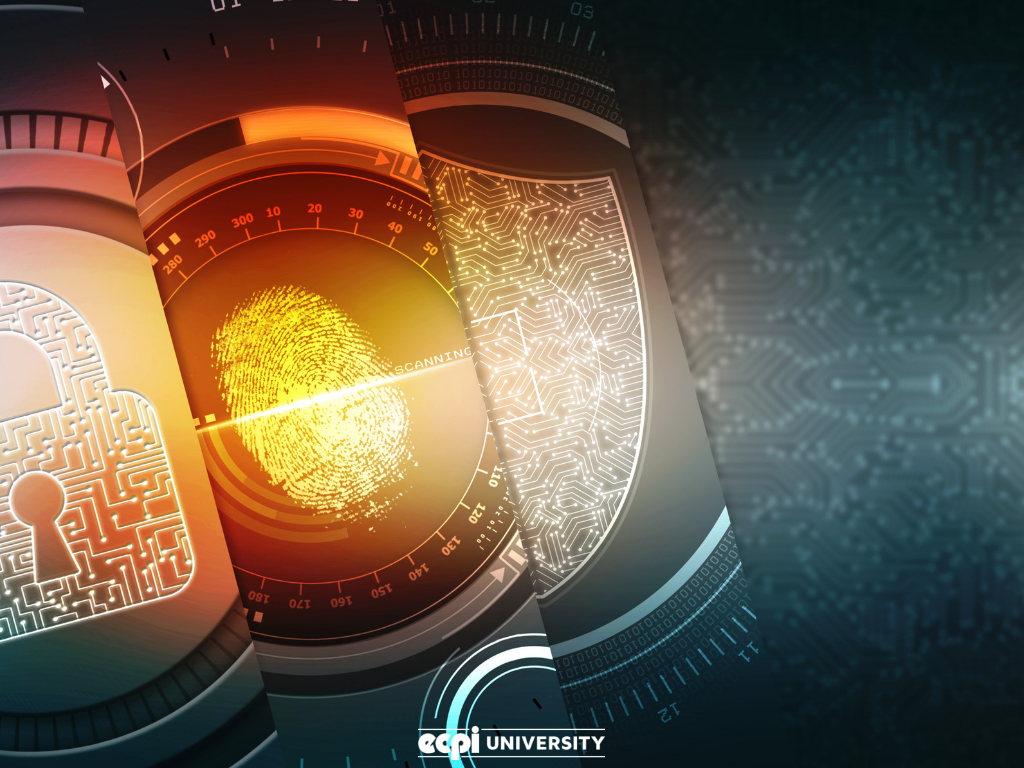How to Learn Digital Forensics in a Formal Educational Setting
Digital forensics is a relatively new branch of forensic science that relies on the use of computers and digital devices to supply, or not supply, evidence in criminal cases. Because technology moves so quickly and information could be present in different apps or software, it's important that these criminal justice workers are properly educated and capable of doing their jobs.
While it's true that it's not a requirement for analysts to have a bachelor's degree. You might find that having one helps you not only learn the skills you need, but also to validate those skills. Here are some areas of digital forensics you could learn in a degree program.
Cybersecurity
The digital forensics encompasses several different skills, which are not directly related to each other. One of them is cybersecurity. Even though there are some overlaps between forensics and security, they are two different skill sets.
Cybersecurity is all about learning breaches, vulnerabilities, and threats. Until you learn the theories of cybersecurity, you will not be able to fully understand as well as investigate digital forensic cases. After all, unless you know a crime has been committed, how will you investigate it?
Research and Analysis
Analyzing data that is in front of you, is one of the most important skills you will need as a data forensic technician. In fact, this task will be the majority of the work. It is all about recognizing patterns and correctly interpreting data.
Think of it like this: you find over 2,000 text messages from unknown numbers on a burner phone. How can someone begin to make sense of that much data? An analyst has to know how to interpret and organize data so that it makes sense to either law enforcement officers or people sitting in a jury.
Technical Skills
It goes without saying that digital forensics is a technical skill. Digital, in this context, can mean anything from networking, mobile phones, computers, laptops, operating systems, servers, routers, and Wi-Fi. In other words, you need to be comfortable with both, the hardware and software side of things.
You will need to have a good understanding of all these different devices. Because technology is so fast, you will always run into something you've never seen before. But learning how to adapt and use the technology put in front of you is also part of this job (more on this in a few!).
Playing Detective
Digital forensics is ultimately an investigative skill. This means you will need to have knowledge on the legal side of things as well. You will not need a law degree to work on cases, but you will need good basic knowledge of how the legal system works.
When you attend school for a digital forensics’ degree, classes will generally include criminal law in the context of an investigation. College courses could include group discussions, along with traditional classes. Once you graduate, you should have knowledge about crime and criminal law.
Learning to Communicate
Communication skills is not only about letting others know what you feel. In the context of the workplace, it is also about conveying necessary data and information in a manner that others can understand what you are talking about. In digital forensics, this is a highly important skill.
Formal education usually includes communication classes and even public speaking classes. This will help you to communicate more effectively with others. For example, you will need to communicate differently with a colleague than you would with someone who knows absolutely nothing about digital forensics. You have to be able to get your message across to both types of people.
Learn to Like Learning
Cyberspace is a constantly evolving and changing world. This means you will need to learn new technology and terminology on a constant basis. This is something that cannot be taught at any university. The responsibility rests with you to develop the discipline to keep up with the latest changes in technology.
Learn it All at ECPI University
Are you interested in the field of digital forensics? If you want to earn a Bachelor of Science in Criminal Justice with a Concentration in Digital Forensics, ECPI University offers this degree program at an accelerated rate. For more information, connect with a helpful admissions counselor today.
It could be the Best Decision You Ever Make!
DISCLAIMER – ECPI University makes no claim, warranty, or guarantee as to actual employability or earning potential to current, past or future students or graduates of any educational program we offer. The ECPI University website is published for informational purposes only. Every effort is made to ensure the accuracy of information contained on the ECPI.edu domain; however, no warranty of accuracy is made. No contractual rights, either expressed or implied, are created by its content.
For more information about ECPI University or any of our programs click here: http://www.ecpi.edu/ or http://ow.ly/Ca1ya.





